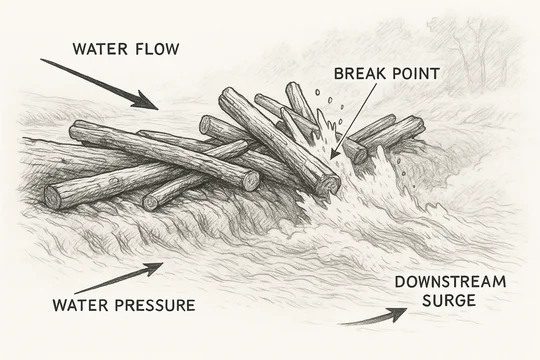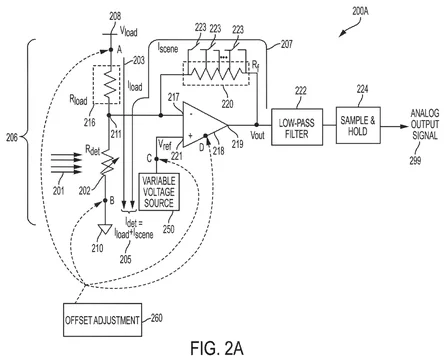
Both parties in Wrinkl, Inc. v. Meta Platforms Inc., C.A. No. 20-1345-RGA (D. Del.) agreed that the case should be dismissed after the PTAB invalidated 50 of the 54 asserted claims, but disagreed about whether the remaining 4 claims should be dismissed with prejudice.
The plaintiff claimed that it did not intend to assert the remaining claims, but that it should retain the right to, and that it is unaware of caselaw holding that the Court cannot dismiss some claims with prejudice and some without.
The defendant argued that the Court cannot split up the claims, and must dismiss all or nothing with prejudice:
Defendants contend there is no legal support or precedent for the "unconventional approach" of dismissing some patent claims with prejudice and others without prejudice in the same action. . . . Defendants also argue that the four surviving claims " do not add any additional limitations that were not already known and disclosed such that they would meaningfully offer permissible scope beyond the invalidated claims." . . . Defendants therefore contend that "there is no conceivable way" for Plaintiff to assert the surviving claims against Defendants in the future. . . . Defendants argue that the doctrines of claim preclusion and issue preclusion support its position. . . . Defendants also note that they were limited to 14,000 words in their IPR petitions and contend that omitting the four surviving claims "does not render them materially different" from the invalidated ones.
Wrinkl, Inc. v. Meta Platforms Inc., C.A. No. 20-1345-RGA, at 4 (D. Del. Oct. 19, 2023).
It looks like neither side cited any case law on this issue. The Court sided with the defendant, and dismissed all of the claims with prejudice:
Plaintiff's argument for dismissing 50 of the 54 patent claims with prejudice and the remaining claims without prejudice is unpersuasive. Plaintiff's position lacks legal support. I find that dismissal with prejudice is warranted under Rule 41 for all claims in the '192 and '198 patents. Because I find that a dismissal with prejudice is proper under Rule 41, I do not address Defendants' arguments about claim preclusion and issue preclusion. I note that the dismissal with prejudice does not prevent Plaintiff from asserting the four surviving claims against anyone other than Defendants in this case.
Id. at 5. If I find myself representing a defendant in this position in the future, I know what I'll be citing.
If you enjoyed this post, consider subscribing to receive free e-mail updates about new posts.






